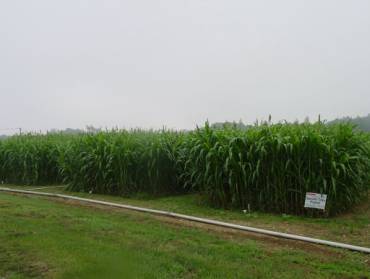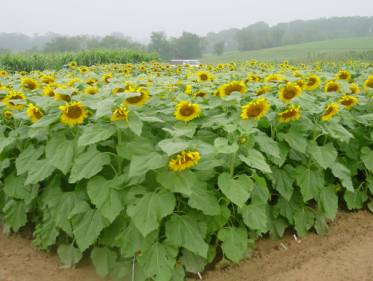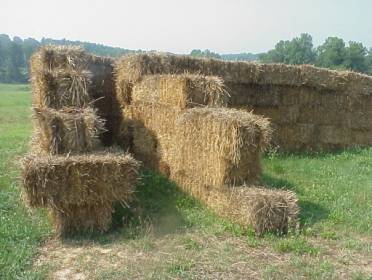Crop Maze Research-2002 Report
go.ncsu.edu/readext?452328
en Español / em Português
El inglés es el idioma de control de esta página. En la medida en que haya algún conflicto entre la traducción al inglés y la traducción, el inglés prevalece.
Al hacer clic en el enlace de traducción se activa un servicio de traducción gratuito para convertir la página al español. Al igual que con cualquier traducción por Internet, la conversión no es sensible al contexto y puede que no traduzca el texto en su significado original. NC State Extension no garantiza la exactitud del texto traducido. Por favor, tenga en cuenta que algunas aplicaciones y/o servicios pueden no funcionar como se espera cuando se traducen.
Português
Inglês é o idioma de controle desta página. Na medida que haja algum conflito entre o texto original em Inglês e a tradução, o Inglês prevalece.
Ao clicar no link de tradução, um serviço gratuito de tradução será ativado para converter a página para o Português. Como em qualquer tradução pela internet, a conversão não é sensivel ao contexto e pode não ocorrer a tradução para o significado orginal. O serviço de Extensão da Carolina do Norte (NC State Extension) não garante a exatidão do texto traduzido. Por favor, observe que algumas funções ou serviços podem não funcionar como esperado após a tradução.
English
English is the controlling language of this page. To the extent there is any conflict between the English text and the translation, English controls.
Clicking on the translation link activates a free translation service to convert the page to Spanish. As with any Internet translation, the conversion is not context-sensitive and may not translate the text to its original meaning. NC State Extension does not guarantee the accuracy of the translated text. Please note that some applications and/or services may not function as expected when translated.
Collapse ▲This is a 2002 report from a NC Specialty Crops Program Project. It is posted for historical reference purposes.
Reviewed by Jeanine Davis, NC Alternative Crops & Organics Program, Department of Horticultural Science, NC State University on 9/23/2022.
PROJECT LEADER(S): SCP Management Team: Jeanine Davis, Bill Jester, and Nick Augostini
TYPE OF PROJECT: Research
LOCATION: Mountain Horticultural Crops Research Station – Fletcher, North Carolina
IMPACT
Agritourism represents an alternative for improving the incomes and potential economic viability of small farms and rural communities. One such venture that has proven successful is the construction of corn mazes. Research is being conducted to improve upon the basic idea of the crop maze by experimenting with other crops such as sorghum and sunflowers, as well as smaller-scale straw bale mazes for children.





